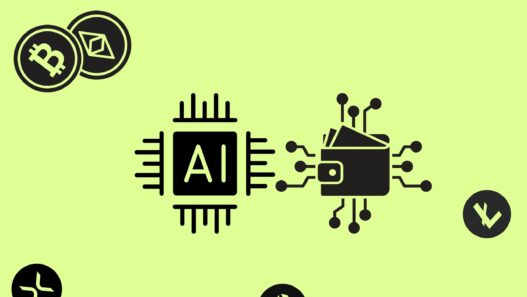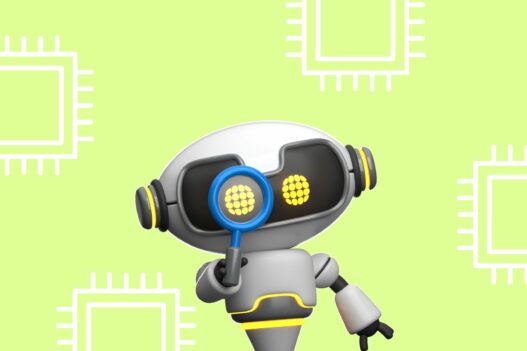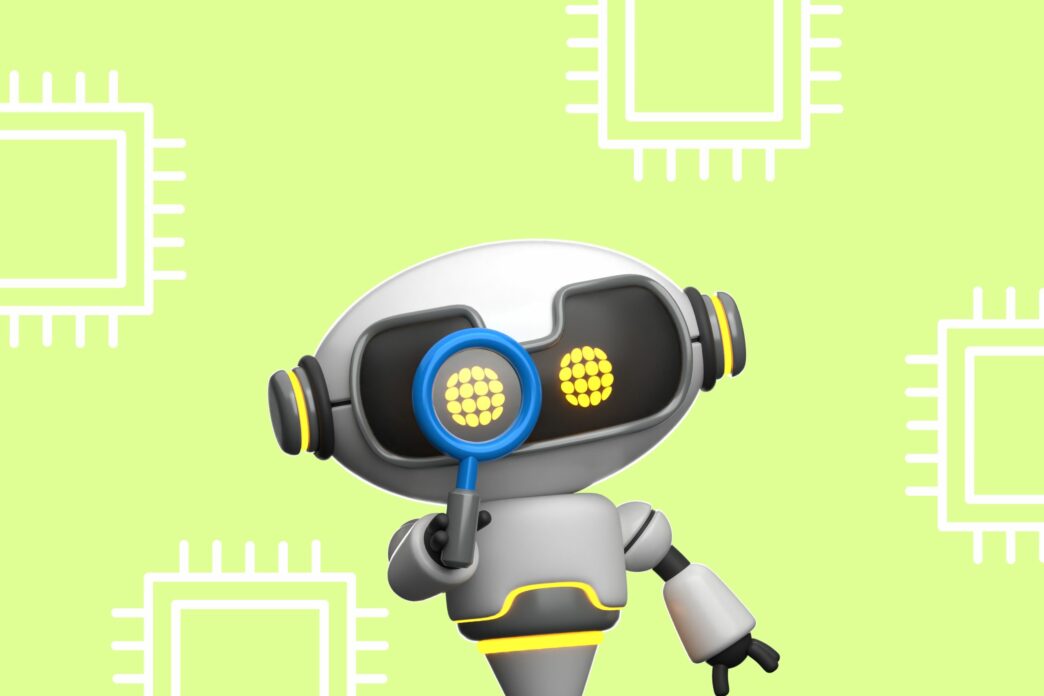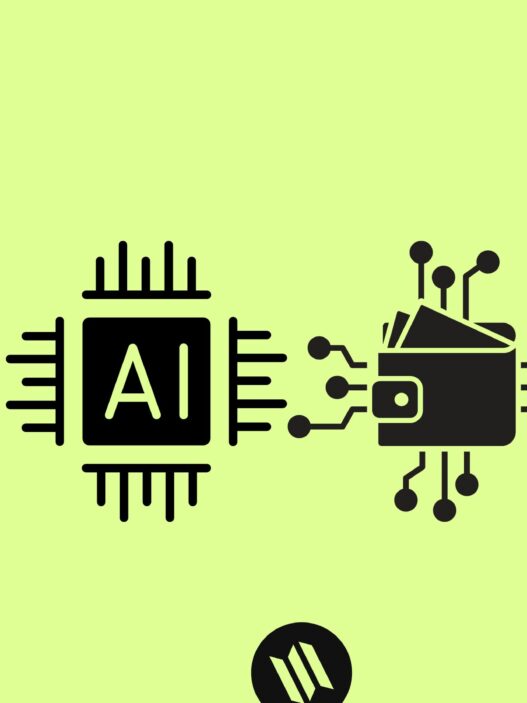Artificial Intelligence (AI) is transforming industries at an unprecedented pace, and one of the most groundbreaking advancements in this field is the rise of AI agents. Unlike traditional AI systems that rely on predefined scripts and human intervention, AI agents operate autonomously, making decisions, solving problems, and adapting to dynamic environments.
What Do We Call AI Agents?
AI agents are autonomous programs that perform tasks on behalf of users or systems with minimal human intervention. They can range from simple task executors (such as chatbots or automation scripts) to complex decision-making systems that can learn, adapt, and optimize processes over time.
Unlike AI assistants, which primarily respond to user queries and require human input, AI agents function independently. According to IBM, they leverage large language models (LLMs) and machine learning algorithms to analyze data, make decisions, and take action within digital ecosystems.
Some common AI agent types include:
- Conversational AI agents (e.g., Chatbots like Google Dialogflow)
- Business automation agents (e.g., IBM Watson AI agents for HR and procurement)
- Cybersecurity agents (e.g., AI-driven threat detection systems)
- Personalized recommendation agents (e.g., AI-powered e-commerce suggestions)
The Technology Behind AI Agents
AI agents rely on several cutting-edge technologies:
1. Machine Learning (ML) & Deep Learning
AI agents use ML models to analyze data, recognize patterns, and make predictions. Google Cloud’s AI ecosystem, for example, integrates deep learning models to enhance decision-making in AI agents.
2. Large Language Models (LLMs)
AI agents often employ LLMs like GPT to generate human-like text and provide context-aware responses.
3. Natural Language Processing (NLP)
NLP enables AI agents to interpret and respond to human language, making them highly effective in customer support, legal documentation, and content generation.
4. Reinforcement Learning
AI agents can improve over time through trial and error, optimizing their decision-making processes based on feedback from previous actions.
5. Autonomous Orchestration
AI agents do not work in isolation. Platforms like IBM Watson Orchestrate help companies coordinate AI assistants and agents to optimize workflows and enhance user experiences.
Real-World Applications of AI Agents
1. Finance & Banking
Financial institutions use AI agents to detect fraud, manage investments, and provide customer service. For instance, Google Cloud’s AI ecosystem supports AI-driven wealth management solutions that suggest responses to customer inquiries and generate financial reports automatically.
2. Healthcare
AI agents are revolutionizing healthcare by assisting in diagnostics, patient management, and research. For example, Deloitte’s “Care Finder” AI agent helps patients locate in-network medical providers in seconds.
3. Business Automation
Many companies are deploying AI agents to automate HR, procurement, and sales processes. IBM Watson Orchestrate, for instance, enables AI agents to streamline complex multi-step business tasks.
4. Cybersecurity
AI agents are becoming crucial in cyber threat detection and prevention. Exabeam, a cybersecurity firm, leverages AI agents to analyze security logs and detect potential threats in real-time.
5. E-commerce & Marketing
AI agents personalize shopping experiences by analyzing customer behavior and making real-time recommendations. AI-powered chatbots are also helping e-commerce businesses automate customer support.
Ethical Concerns & Challenges
While AI agents offer significant advantages, their increasing autonomy raises several ethical concerns:
1. Data Privacy & Security
AI agents often process vast amounts of sensitive data, raising concerns about data misuse and privacy breaches. Companies must ensure robust AI governance and compliance with regulations like GDPR.
2. Bias in Decision-Making
If AI agents are trained on biased datasets, they may replicate and reinforce discrimination. IBM researchers emphasize the need for bias-aware algorithms and diverse datasets to ensure fairness in AI decisions.
3. Explainability & Transparency
One of the biggest challenges with AI agents is understanding how they make decisions. IBM has introduced AI traceability frameworks to help users track AI decision-making processes.
4. Job Displacement
With AI agents automating repetitive tasks, there are concerns about job losses in various sectors. However, experts suggest that AI will augment human work rather than replace it.
The Future of AI Agents
The future of AI agents is incredibly promising. Several trends are shaping their evolution:
- Greater Integration in Businesses: AI agents will be seamlessly integrated into business operations, allowing enterprises to automate complex workflows.
- Advancements in Multi-Agent Systems: AI agents will collaborate with each other to solve more complex problems.
- Ethical AI Frameworks: Companies are investing in responsible AI to ensure fair and transparent AI agent behavior.
- Enhanced Personalization: AI agents will provide even more context-aware and personalized user experiences.
AI agents represent the next step in artificial intelligence evolution, bringing autonomy, efficiency, and intelligence to various industries. From finance and healthcare to business automation and cybersecurity, AI agents are reshaping the digital landscape.
However, their growing capabilities also require responsible deployment to ensure they remain ethical, transparent, and beneficial to society.
As companies continue to refine AI agent technology, we can expect a future where AI agents become indispensable digital assistants, handling complex tasks with little to no human intervention.
Sources:
- IBM AI Agents: IBM Watson Orchestrate
- Google Cloud AI Agents: Google AI Agents Blog
- Ethical AI Concerns: IBM Responsible AI
- AI Agent Business Impact: Google Cloud Business AI






















